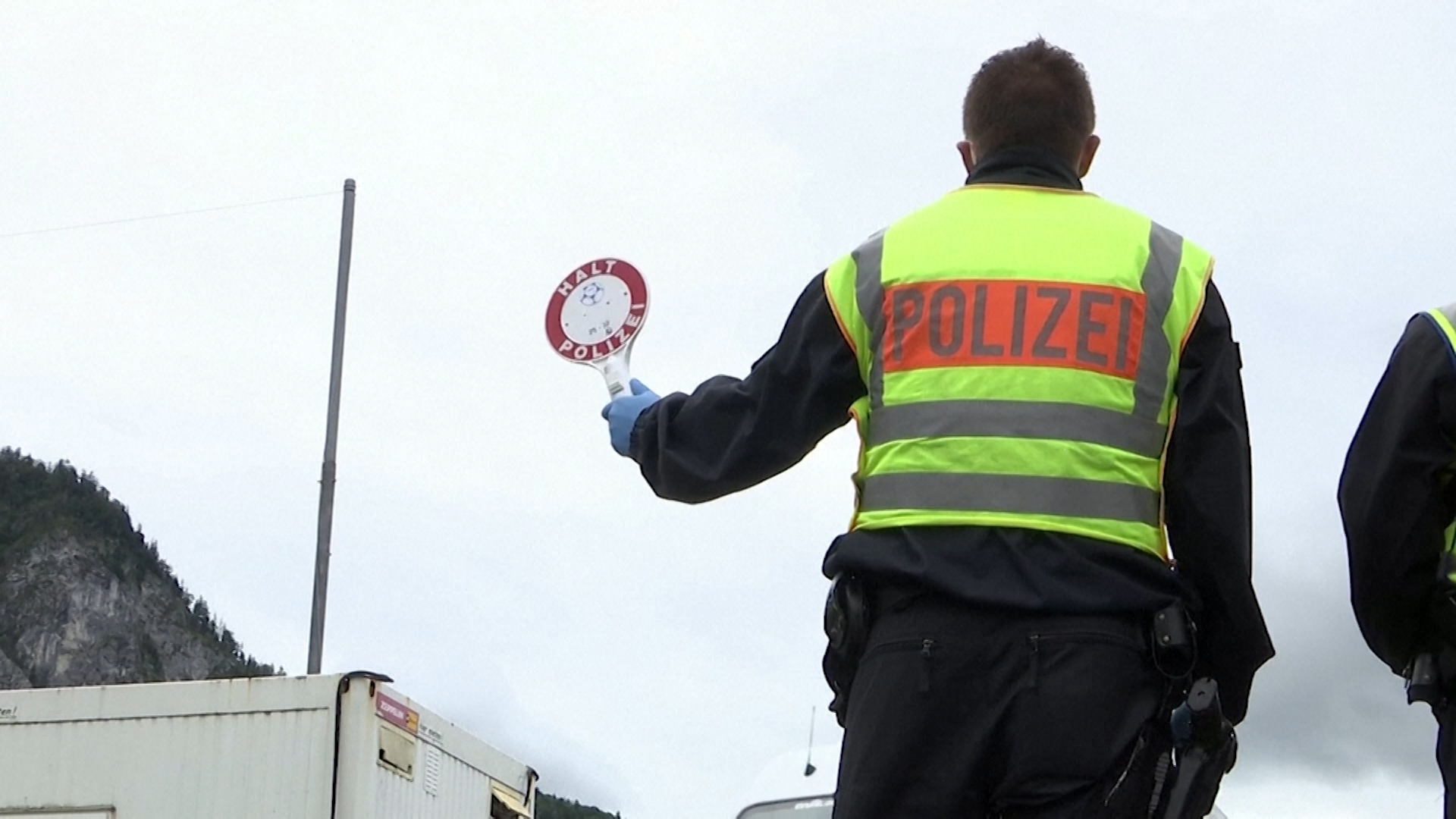
File photo: CGTN
German leaders are reported to be in talks about new restrictions that could dramatically curb access to public spaces for people who've refused a COVID-19 vaccine.
The proposed policies have been presented to Germany's 16 state premiers over the past week, according to German media, with few leaders objecting to their implementation.
The so-called "3G rules" would allow only those people who have been vaccinated, tested or recovered from a COVID-19 infection to access places like restaurants, hotels, hairdressers and gyms.
If cases remain at a low threshold established by officials, the unvaccinated can continue to join these activities by presenting a negative test. However, if cases rise to pre-determined "dangerous levels," the health ministry says testing will no longer be considered a valid safeguard.
Unlike current regulations which do place some limits on indoor dining, the proposed rules include a blanket ban, regardless of how many people are in attendance and whether the location is inside or outside.
The proposed rules are among the toughest being planned in Europe, and would come into effect in September.
'Corona-normal'
Since June, life across Germany has found a new "corona-normal" after more than six months of strict lockdowns. Famed beer gardens have reopened and large events have resumed.
Despite the quick spread of the Delta variant in other corners of Europe, the number of new infections has remained relatively low in Germany. However, scientists expect those numbers to rise in the fall and winter as new variants emerge and more people spend time inside.
Policies discussed this week by the 16 premiers are aimed at preventing a fragile health situation for Germany's hospitals. So-called "breakthrough infections" in the vaccinated population have emerged as a new threat, as has the wearing off of some vaccines' efficacy.
Many Germans are also expecting to be called for a third booster shot sometime this winter. The most vulnerable will begin receiving these jabs in September, just over nine months after the vaccine rollout began in the country.
Germany joins France, Hungary and Great Britain in the decision to prepare booster shots. However, these nations are facing international backlash from the World Health Organization, which says nations should delay these doses until people in poorer countries can be vaccinated first.


